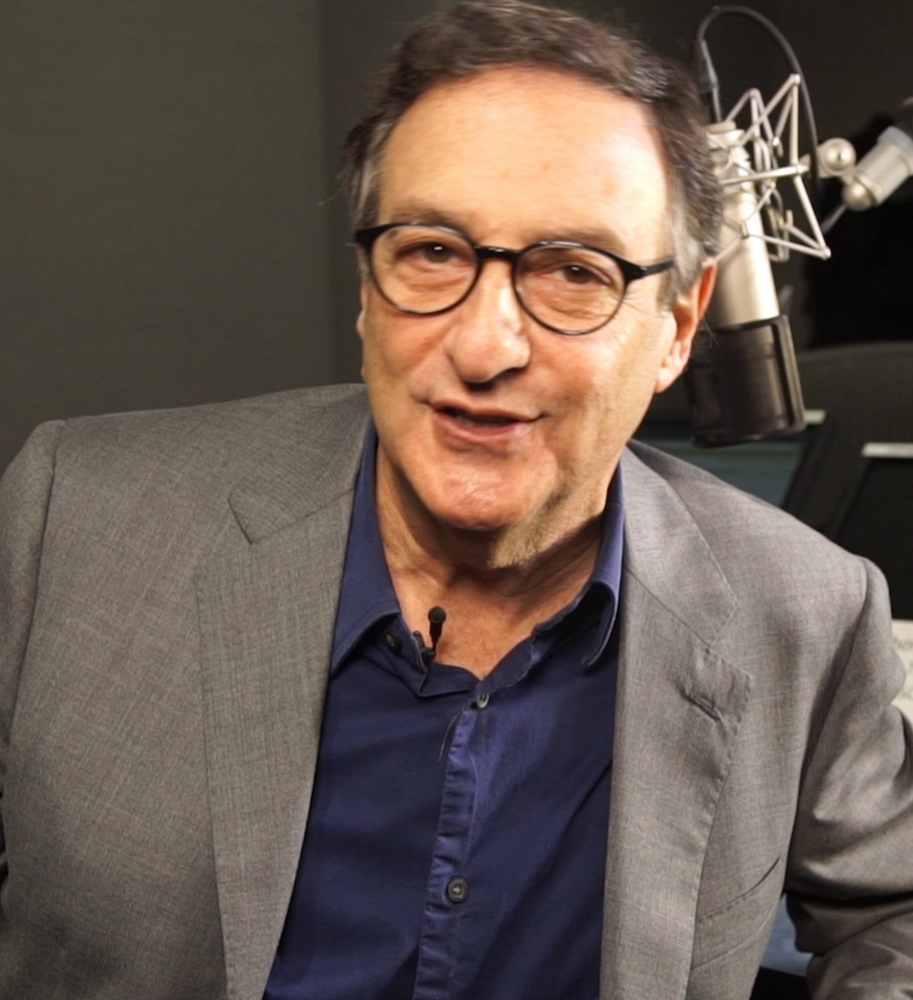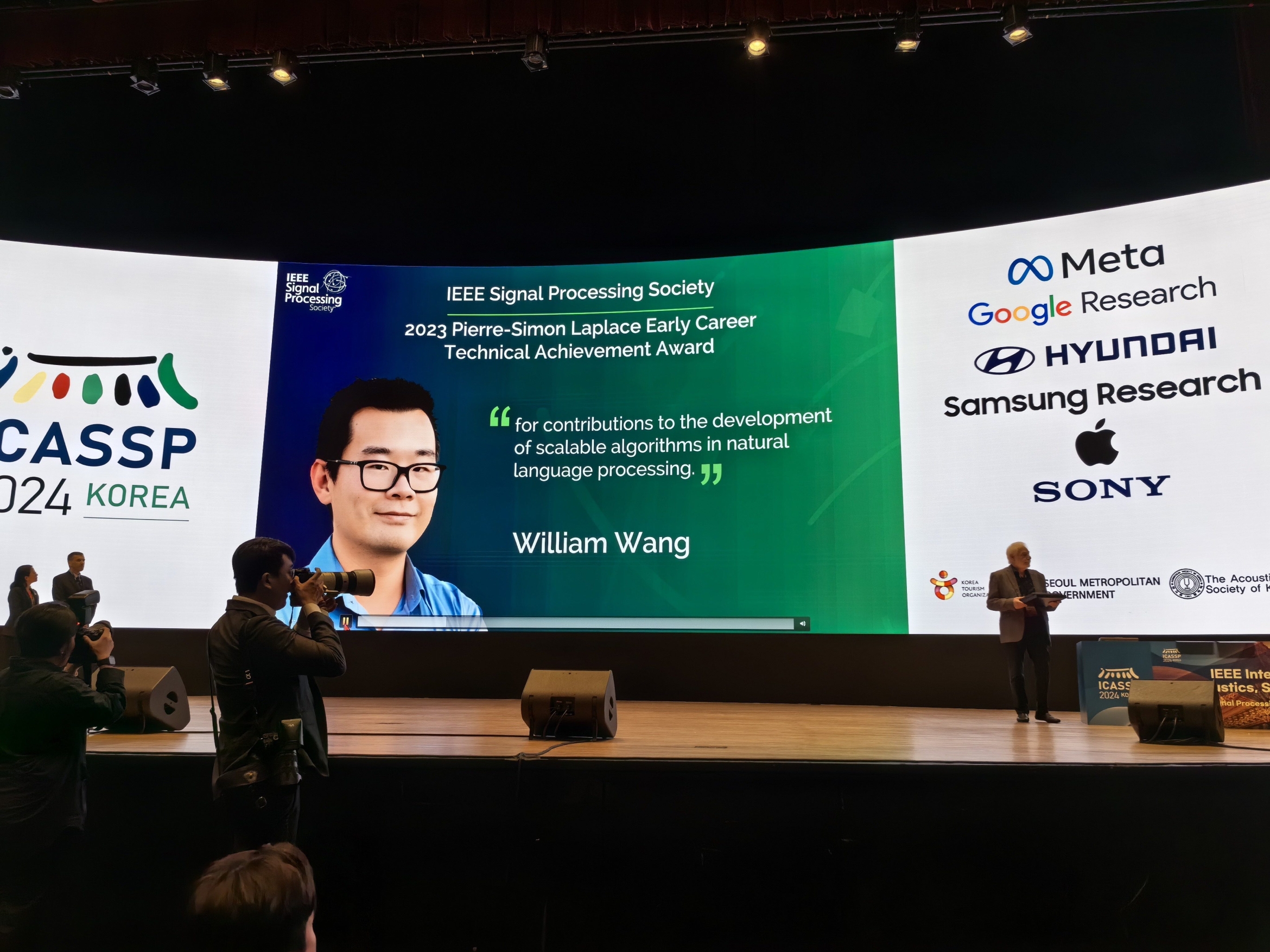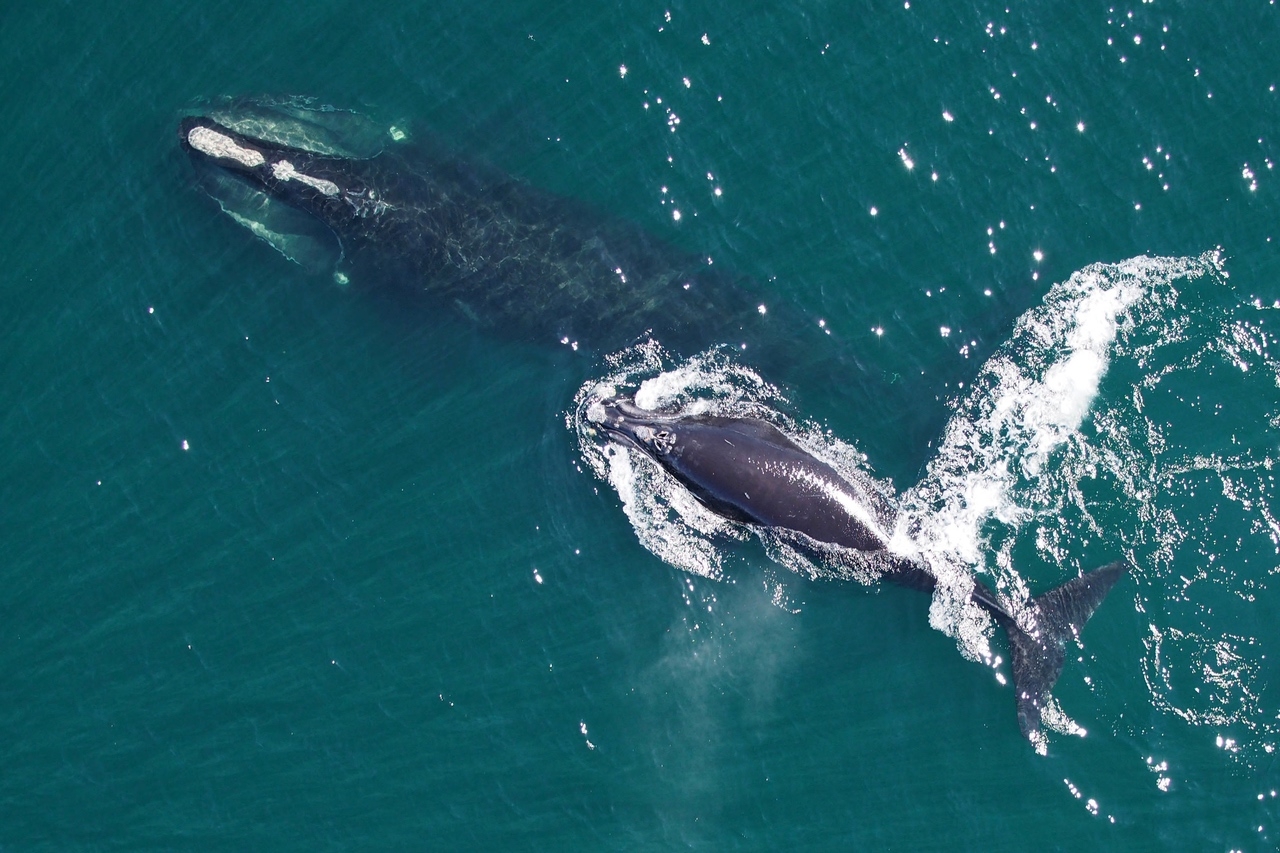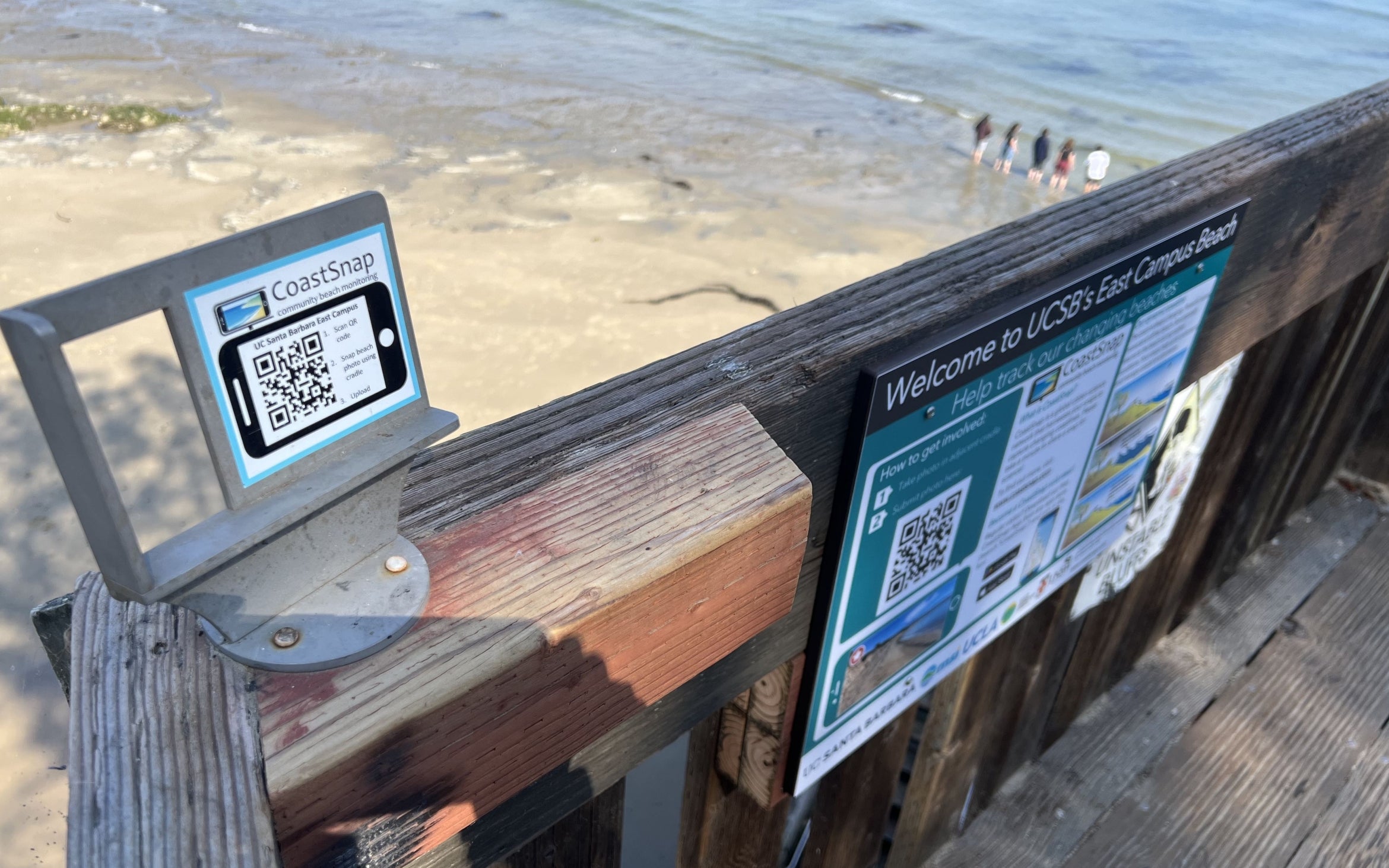
Understanding Uncertainty
People who don’t understand the process of science — or what scientists do — often expect such study to provide black-and-white solutions. At least that’s what the scientists say.
And according to the public, scientists tend to present ambiguous answers, even though what may appear unclear is usually derived from a well-informed uncertainty — and often accurate within likely ranges.
This disconnect between scientists and the public leads to many false assumptions about what to expect from science. It also makes it difficult for the media to communicate that uncertainty to a public that expects science to “know everything.”
Ira Flatow, the award-winning host of “Science Friday” — heard weekly on Public Radio International and online — will address these issues Thursday, May 4, in a talk at UC Santa Barbara. Flatow will explore the challenges and the effort required to explain the uncertainty that scientists welcome but the public finds bewildering. The event, which begins at 7:30 p.m. in Campbell Hall, is free and open to the public.
“Uncertainty doesn’t mean you can’t know,” said the evening’s moderator Ronald Rice, the Arthur N. Rupe Professor in the Social Effects of Mass Communication in the Department of Communication. “Scientific uncertainty tells how much we don’t know, but it also tells us how much we do know. So even though uncertainty exists, with science, it’s known uncertainty — often with real-world implications.”
In the afternoon, Rice will host “Science, Communication and Uncertainty,” a workshop for UCSB faculty members and graduate students that explores the implications of scientific uncertainty in communicating science to diverse audiences, understanding public attitudes toward science, teaching science and influencing policy. Participants will discuss big questions in communicating scientific uncertainty from the perspectives of the physical sciences, social sciences, humanities and media production.
Following Flatow’s presentation, Rice will pose questions raised during the workshop, and audience members will have the opportunity to ask questions of their own.
Flatow describes his work as the challenge to “make science and technology a topic for discussion around the dinner table.” He has shared that enthusiasm with public radio listeners for more than 35 years.
As a reporter and then news director at WBFO-FM/Buffalo, New York, Flatow began reporting at the station while studying for his engineering degree at State University of New York in Buffalo. As NPR’s science correspondent from 1971 to 1986, Flatow found himself reporting from the Kennedy Space Center, Three Mile Island, Antarctica and the South Pole. In one report, Flatow took former All Things Considered host Susan Stamberg into a closet to crunch Wint O Green Lifesavers, proving they spark in the dark.
Flatow is the author of “Present at the Future: From Evolution to Nanotechnology, Candid and Controversial Conversations on Science and Nature” And “They All Laughed … From Light Bulbs to Lasers: The Fascinating Stories Behind the Great Inventions That Have Changed Our Lives.”
Flatow’s talk is part of a series on Sustainable Science Communication by the Mellichamp Academic Initiative in Sustainability and the Department of Communication’s biannual Rupe Conference series. It is co-sponsored by the Bren School for Environmental Science & Management’s Strategic Communication & Environmental Media focus and the Associated Students Program Board and assisted by Arts & Lectures.



